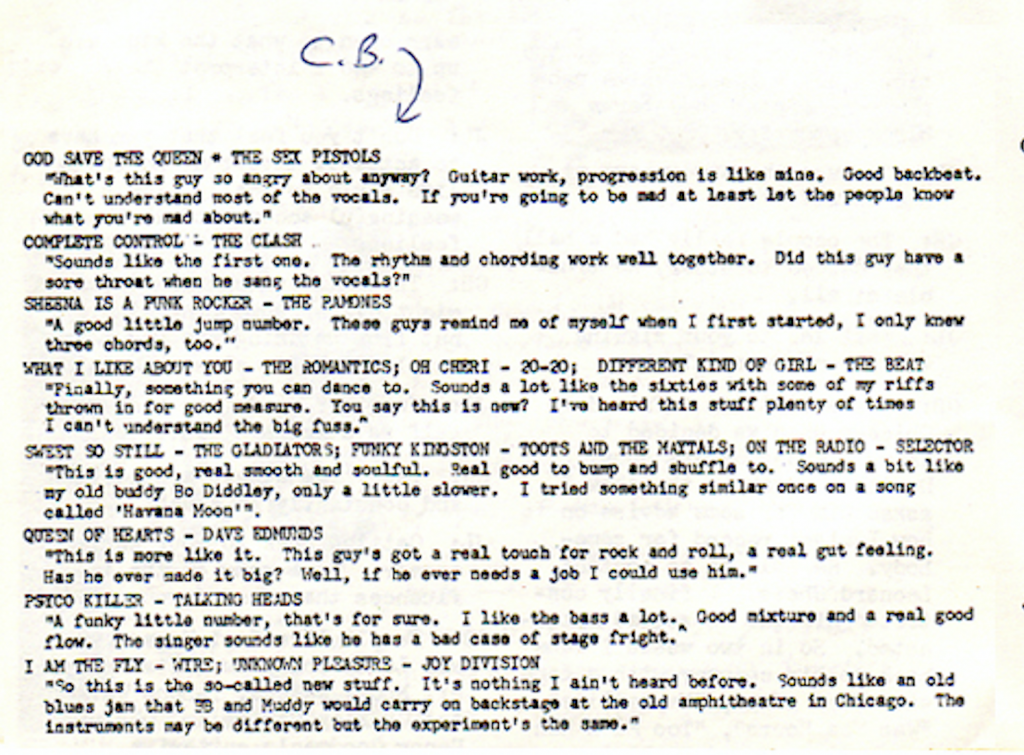For a young person in an animation-based field, the opportunity to share new work with director Hayao Miyazaki must feel like a golden opportunity.
This may still hold true for Nobuo Kawakami, the chairman of Dwango, a Japanese telecommunications and media company, but not for the reasons he likely anticipated at the start of the above video.
The subject of their discussion is a computer generated animated model whose artificial intelligence causes it to move by squirming on its head. Its creators haven’t invested it with any particular personality traits or storyline, but its flayed appearance and tortuous movements suggest it’s unlikely to be boarding Miyazaki’s magical cat bus any time soon.
Even without an explicit narrative, the model’s potential should be evident to anyone who’s ever sat through the final-reel resurrection of a horribly maimed, presumed-dead terrorizer of scantily clad young ladies.
The model’s grotesque squirmings could also be an asset to zombie video games, as Kawakami excitedly points out.
Let us remember that Miyazaki’s films are rooted not in gross-out effects, but redemption, a reverence for nature, and respect for children and all living things.
The master watches the demonstration without comment, then dispenses with traditional Japanese etiquette in favor of some strongly worded medicine that leaves no doubt as to what he really thought of Dwango’s artificially intelligent wretch:
“I am utterly disgusted… I strongly feel that this is an insult to life itself.”
(At this point, you really should watch the video, to hear Miyazaki’s opening statement, about a disabled friend for whom even a simple high-five is a painful physical exertion.)
Poor Kawakami-san! Unceremoniously shamed in front of his colleagues by a national treasure, he doesn’t push back. All he can offer is something along the lines of “We didn’t mean anything by it”—a statement that seems credible.
The American president may be into dehumanizing those with disabilities, but the Dwango crew’s heads were likely occupied with boyish visions of a thrillingly gruesome zombie apocalypse.
It’s a harsh, but important message for Miyazaki to have gotten across. Dwango is responsible for creating a lot of online games. In other words, they hold considerable sway over impressionable youth.
Studio Ghibli co-founder Toshio Suzuki grants Kawakami and his colleagues an opportunity to save face, asking what the team’s goals are.
“We’d like to build a machine that can draw pictures like humans do,” one shellshocked-looking young man responds.
What, like, Henri Maillardet’s automaton from 1810? While I can imagine such a contraption showing up in one of Miyazaki’s steam-punk-flavored adventures, the hush that greets this statement all but screams “wrong answer!”
What will this encounter lead to?
The release of an online game in which one scores points by hideously dismembering the animated form of director Hayao Miyazaki?
Or a newfound sensitivity, in which cool technological advances are viewed through a lens of actual human experience?
Only time will tell.
Related Content:
Software Used by Hayao Miyazaki’s Animation Studio Becomes Open Source & Free to Download
Hayao Miyazaki Meets Akira Kurosawa: Watch the Titans of Japanese Film in Conversation (1993)
Ayun Halliday is an author, illustrator, theater maker and Chief Primatologist of the East Village Inky zine. Follow her @AyunHalliday.



